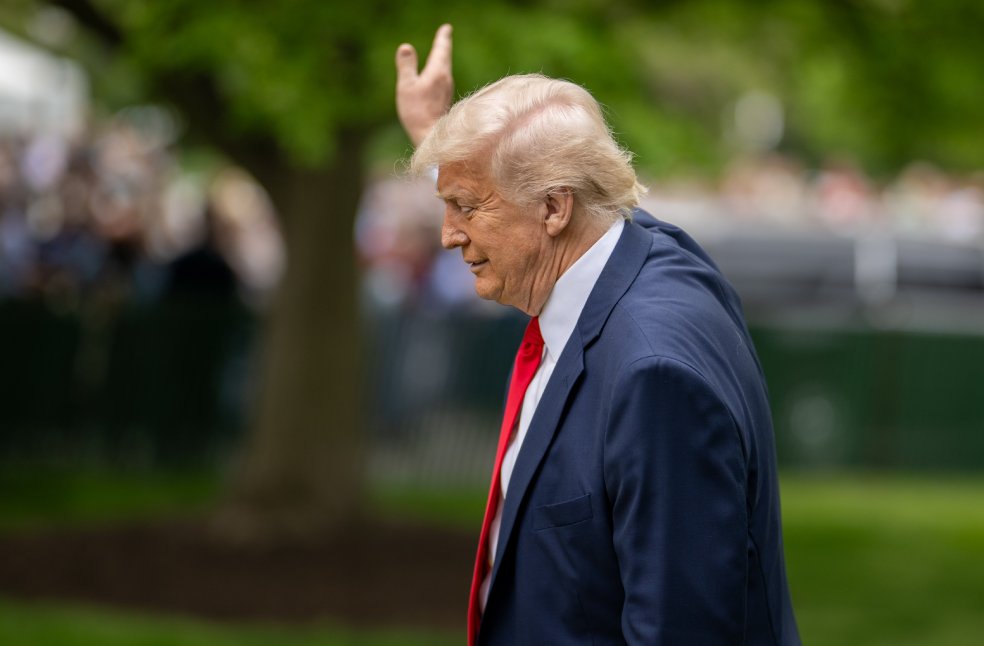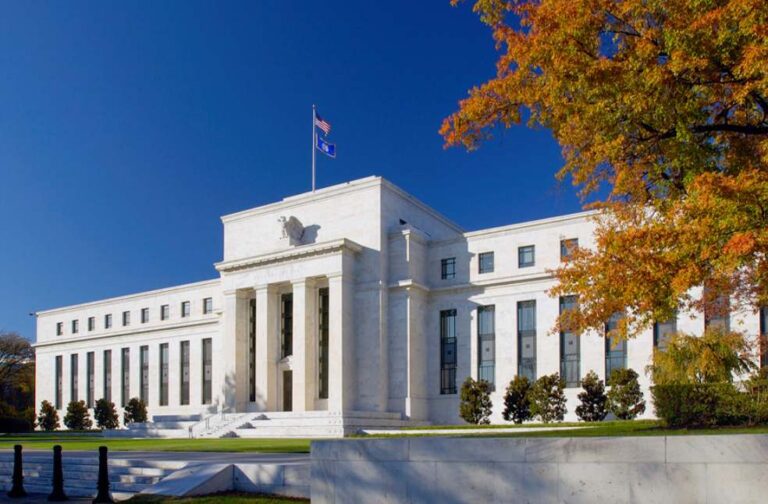United States: US markets have taken a sharp hit as Donald Trump ramped up his attacks on Federal Reserve Chair Jerome Powell, accusing him of failing to act swiftly to protect the economy.
Trump referred Powell as ‘a major loser’ and urged him to cut interest rates pre-emptively in response to what Trump called slow and ineffective leadership amid growing economic threats.
The heightened rhetoric comes at a volatile time for global markets, with Trump’s own tariff proposals contributing to investor unease and fuelling recession fears.
The S&P 500 fell by around 2.4 percent, marking a roughly 12 percent decline since the start of the year. The Dow Jones Industrial Average dropped 2.5 percent, now down 10 percent year-to-date, while the tech-heavy Nasdaq lost over 2.5 percent, bringing its annual decline to nearly 18 percent.

Investors also pulled away from the dollar, traditionally seen as a safe haven, pushing the dollar index to its lowest level since 2022. Yields on US government bonds rose as markets demanded higher returns on Treasury holdings.
Global reaction was muted but cautious. Major indexes across the Asia-Pacific region saw limited movement during trading, with Japan’s Nikkei 225, Hong Kong’s Hang Seng, and Australia’s ASX 200 all dipping by about 0.1 percent.
Gold prices, however, surged to a new all-time high, with spot gold crossing the $3,400 mark for the first time. The precious metal remains a preferred asset for investors seeking safety during economic uncertainty.
Trump’s friction with Powell dates back to his first term, when he frequently voiced dissatisfaction with the Fed’s interest rate policies and reportedly explored options to remove Powell from office.
The latest escalation follows Powell’s warnings that Trump’s proposed import tariffs could stoke inflation and slow economic growth. Trump responded by publicly calling for Powell’s dismissal, stating that, “Powell’s termination cannot come fast enough.”
Though the legality of firing a Fed chair remains questionable, one of Trump’s top economic advisers confirmed that the idea is under review, a move that could further unsettle financial markets and challenge the traditional independence of the central bank.



